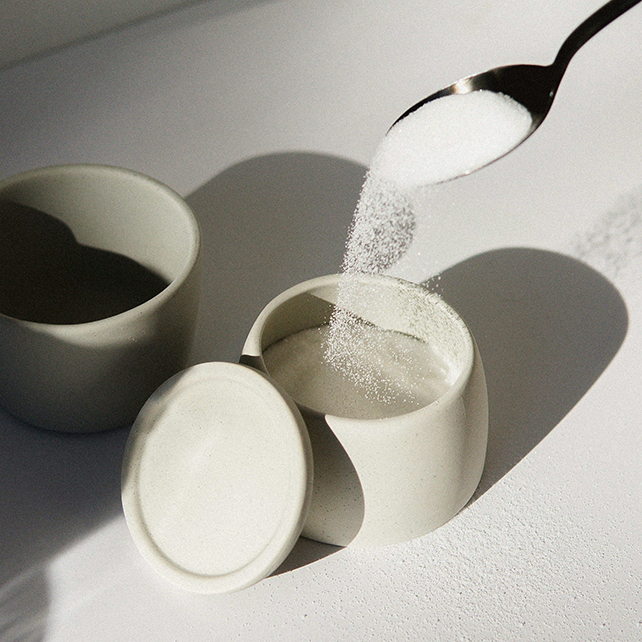Artificial sweeteners were introduced to offer a healthier alternative to sugar – but as a new study highlights, these substitutes bring their own health risks with them.
And it doesn’t take much of the stuff to make a difference: the researchers behind the study, from several institutions in Australia and the Netherlands, found that drinking just a single can of artificially sweetened soft drink a day over several years was associated with a 38 percent higher risk of developing type 2 diabetes, compared to people who rarely drank sweetened beverages.
Ironically, that’s higher than the 23-percent increase in diabetes risk associated with sugar-sweetened drinks.
These findings are based on the eating and drinking habits of 36,608 Australians aged between 40 and 69. Participants reported their artificial sweetener and sugar consumption, and their health records were then followed for an average of 14 years.
Related: Here’s What ‘Diet’ Soft Drink Could Be Doing to Your Health in The Long Term
”Drinking one or more of these beverages each day – whether sweetened with sugar or artificial substitutes – was linked to a significantly higher chance of developing type 2 diabetes,” says Robel Hussen Kabthymer, nutritionist at Monash University in Australia.
Intriguingly, when body weight was factored in, the link between sugary drinks and type 2 diabetes disappeared – suggesting being overweight was driving that particular association. When body weight was factored into the artificial sweetener link, however, the increased risk was still present.
With so many known contributors to type 2 diabetes risk, the researchers can’t say artificial sweeteners are causing it directly. All the data shows is that a link exists, but further investigation is needed to unpack it.

More evidence of this association has already been collected in previous studies, though not in Australia. With different artificial sweeteners sold in different countries, and different eating and drinking habits across the globe, it’s important to gather as much data as possible on potential risks.
“Artificial sweeteners are often recommended to people at risk of diabetes as a healthier alternative, but our results suggest they may pose their own health risks,” says Barbora de Courten, biomedical scientist at the Royal Melbourne Institute of Technology (RMIT) University.
The researchers suspect that certain artificial sweeteners could be interfering with blood sugar levels, in turn contributing to an increased type 2 diabetes risk. For example, the widely used sweetener aspartame has previously been shown to trigger the same insulin response as sugar.
Meanwhile, other sweeteners are known to disrupt gut bacteria, increasing glucose intolerance in the body. These kinds of interactions and others could well be increasing the risk of type 2 diabetes, even in people who aren’t gaining weight.
The researchers want to see more done to raise awareness of the possible health hazards of artificial sweeteners. In recent years, research has also linked these sugar substitutes to problems with brain integrity and heart damage.
“We support measures like sugary drink taxes, but our study shows we also need to pay attention to artificially sweetened options,” says de Courten.
“These are often marketed as better for you, yet may carry their own risks. Future policies should take a broader approach to reducing intake of all non-nutritive beverages.”
The research has been published in Diabetes & Metabolism.
Source link
